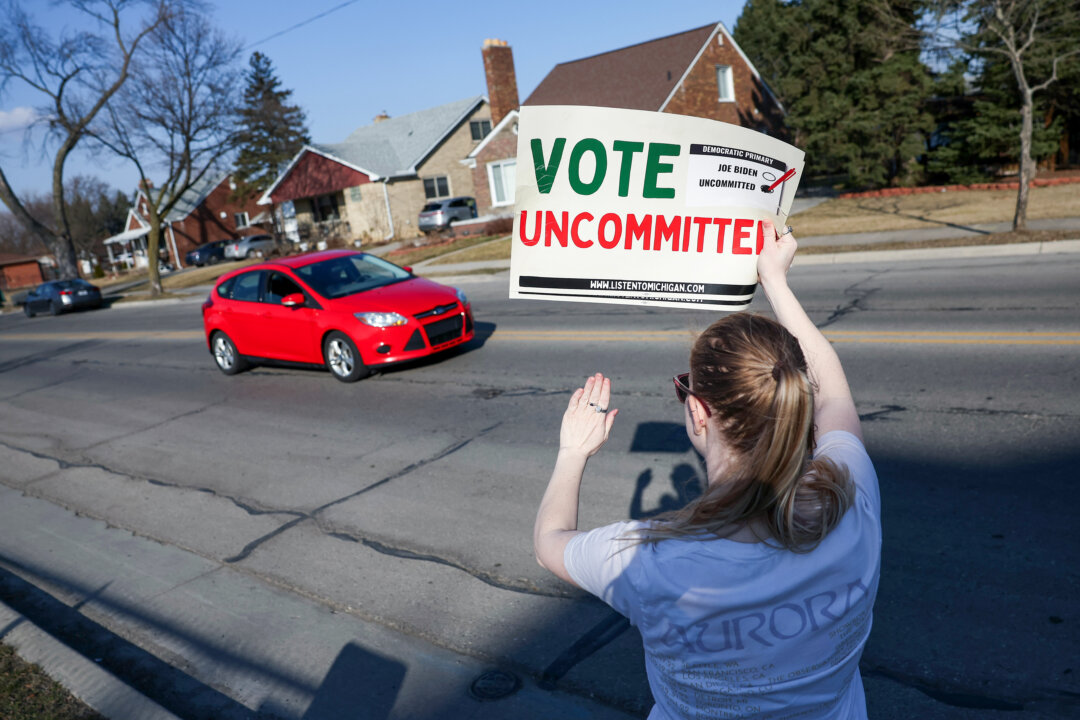
“We are left in the dark and brushed under the carpet like we aren’t living, breathing human beings ...
Every day is a living hell; every day is just a struggle to stay alive.” These are the words of one of 12 Australian women their country has chosen to forget. Together with their 22 children, the group remains confined in the bleak desert environment of the al-Roj detention camp in north-east Syria, where they were moved four years ago after initial internment in another camp, al-Hol.

Kept under guard for five years, they’ve been waiting for a call that never comes – a call that would bring them home. Through retired lawyer Robert van Aalst, two of the women – who can’t be identified under court orders – have sent messages to the Herald and The Age describing the deteriorating conditions in al-Roj, which was set up by Kurdish authorities to house the families of slain and defeated Islamic State fighters. Some of the women and children in the foreign annex of the al-Hol camp in Syria in 2019.
Credit: Kate Geraghty Their pleas come in advance of a last-ditch effort by Save the Children Australia (STCA) to persuade the High Court to review the women and children’s situation in a hearing scheduled for September 23. “Everyone is sick, from the youngest Australian (aged 5) to the oldest (aged 56),” writes one of the women, detailing a long list of the ailments afflicting the group. They document their daily struggles to procure fresh food, enough clean drinking water and medicines for themselves and their children.
The tents offer little respite from temperatures that can reach 50 degrees or more in summer and biting cold in winter. There is constant fear boys will be removed once camp authorities decide they are old enough to be separated from their mothers and siblings. “My [younger son] bites his fingernails till his skin bleeds and has night terrors because of it,” writes one.
“[His older brother] is constantly anxious and refuses to play outside far away from me, always worried something bad is going to happen.” Al-Roj refugee camp in north-east Syria. Fumes from nearby oil fields exacerbate the conditions of those with lung disease.
The women fear sending their kids to the camp school because of “radical influences” and constant uncertainty about their position. They teach their children themselves, using basic curriculum materials sent by family members and supporters in Australia. They report periodic gunshots around the camp (usually signalling attempts by someone to escape) and increased drone activity.
Worst of all is the loss of hope..














